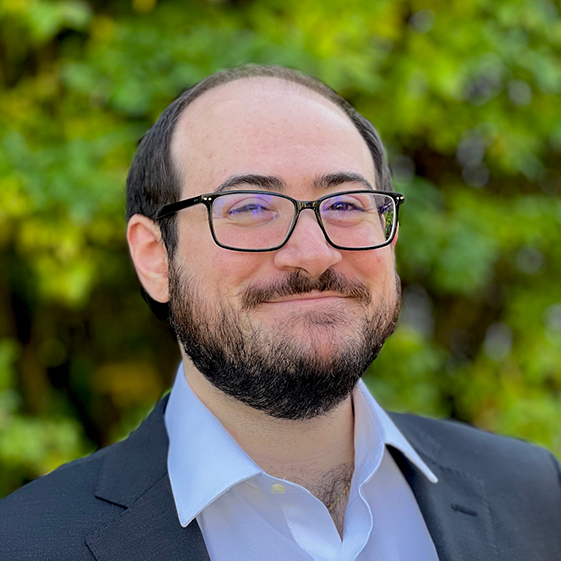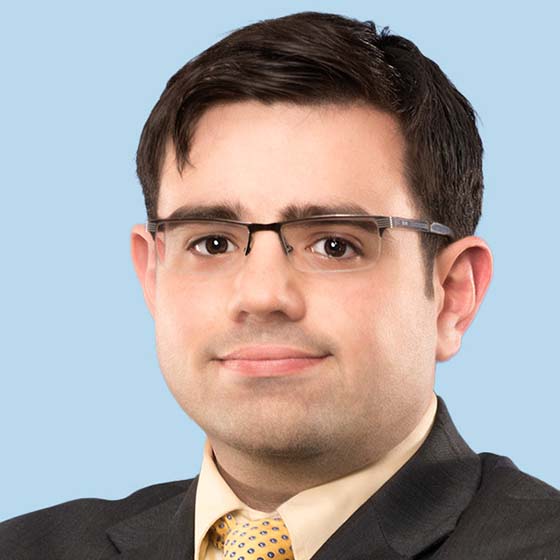Program Overview
Please see the Syracuse University Course Catalog for complete program requirements.
Core Requirements
As a Ph.D. student, you will take a course in mathematical economics, three courses in microeconomic theory, one course in macroeconomic theory and four courses in econometrics. You will fulfill the requirements in two fields, as well as breadth requirements and electives, totaling 51 credit hours. Counting dissertation hours, the total number of credits in the program is 72 hours.
Primary and Secondary Fields
Students choose their primary field from labor economics, international economics, public economics, urban economics, or econometrics. Students generally choose their second field from these areas as well.
PhD Job Placements
Maxwell’s Ph.D. graduates are consistently hired by presitigious institutions. In the past few years, placements include Oregon State University, University of Auckland-New Zealand, Saint Louis University, Ministry of Finance and Economy-South Korea, Melbourne Institute, Niagara University, Nanjing Audit University, Shouju Technology Co. LTD.-Beijing and Amazon, among others.
Meet Our PhD Students


Stephanie Coffey
Public economics, labor economics, economics of education

Giuseppe Germinario
Health economics, applied econometrics

Nam Seok Kim
International Trade, Development Economics, Political Economy

Michael Quinn
Economics of Education

Dan Zhang
Labor Economics
Student Papers and Dissertations
A distinguishing feature of our Ph.D. program is that we have a tradition of providing guidance and support that helps students learn how to shape their work in ways that facilitate publication in peer-reviewed journals. As a result, many of our students publish papers from their dissertations in select journals as indicated in the list below.
Funding Opportunities
Merit-based financial aid awards are available to support study in the Ph.D. program in the form of fellowships and graduate assistantships. Financial support is renewed each year for five years of study, subject to maintaining satisfactory performance in the Ph.D. program.
Fellowships
University Fellowship awardees receive a stipend and a full-tuition scholarship for 30 credits in their first and fifth years of study and receive graduate assistantship in their second, third and fourth years. Fellowships include a subsidy toward health insurance coverage for the year.
Graduate Assistantships
Ph.D. students have the option to obtain teaching and research experience through graduate assistantships, which are renewed each academic year. Assistantships include a stipend, a full graduate tuition scholarship, and a subsidy toward health insurance coverage for the year.
Summer Support
The Economics Department offers opportunities for teaching, research, and summer fellowship support during the summer. Summer funding is also available to graduate students through externally funded research projects.
Melvin Eggers Graduate Economics Scholarship for Doctoral Students
Named after the former chancellor and economics department chairman, Melvin Eggers, this fund supports graduate students with preference given to Ph.D. students who plan to teach at the college level.
David Greytak Fellowship Fund
David Greytak, a longtime Professor of Economics at the Maxwell School, inspired extraordinary devotion from his graduate students. To honor his memory, the Department of Economics created the David Greytak Fellowship for doctoral study in economics.

Collaboration Across the Discipline
At Maxwell, faculty and graduate students enjoy a collaborative atmosphere for research and discovery. Graduate student Judith Liu recently collaborated with department faculty on the paper “The Differential Incidence and Severity of Food Insecurity by Racial, Ethnic, and Immigrant Groups over the Great Recession in the United States.” (AEA Papers and Proceedings, 2018)
Future Professoriate Program
The Future Professoriate Program (FPP) aims to foster a sense of community among graduate students while allowing them to hone skills related to teaching, research and professional identity development. The purpose of the FPP is to help graduate students develop professionally by means of workshops, annual in-house conferences and a mentored independent teaching experience. Students who complete these activities and produce a teaching portfolio can receive the University’s Certificate in University Teaching. These endeavors are seen as complements to the training in scholarship and teaching that are regular parts of graduate education.
